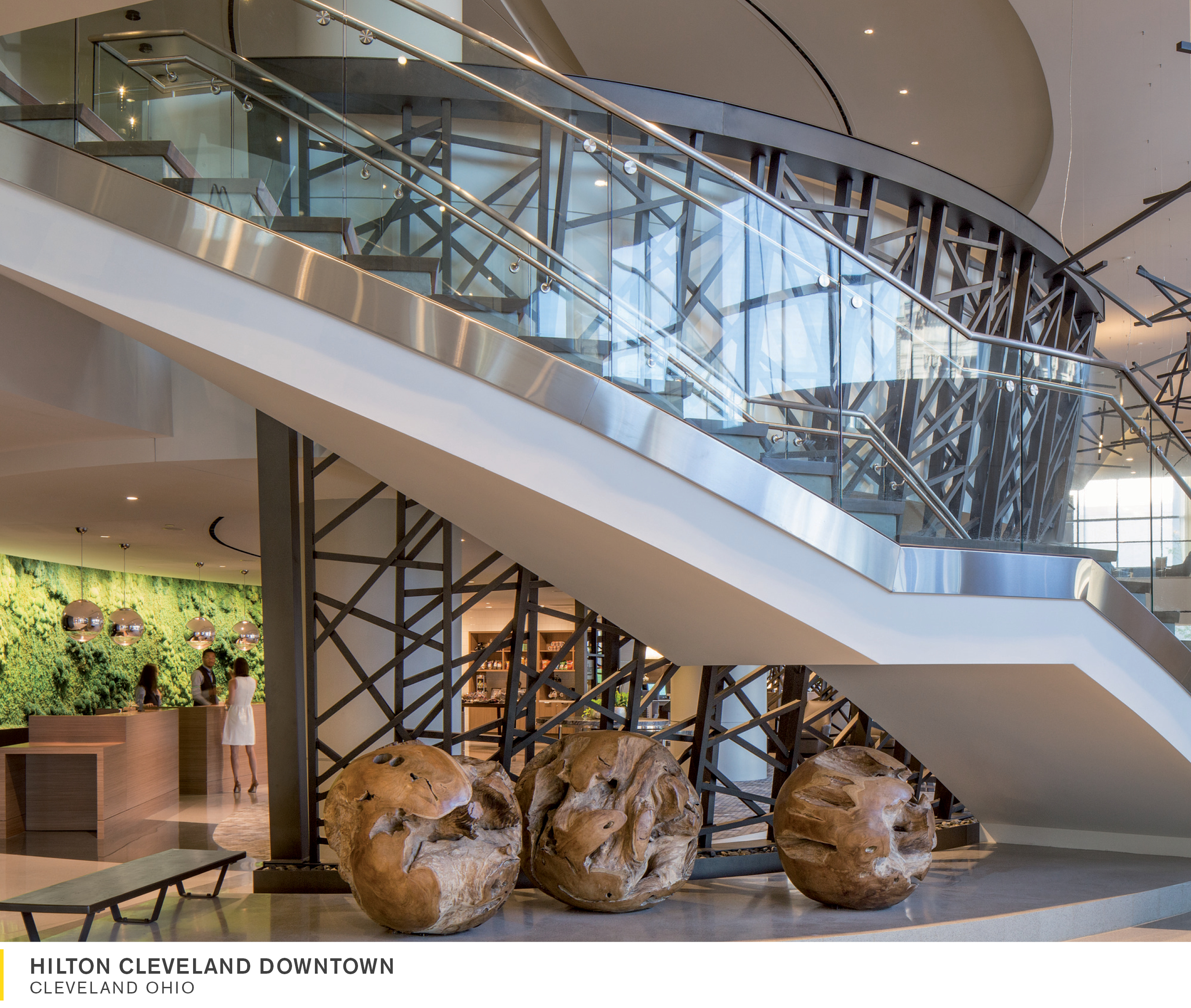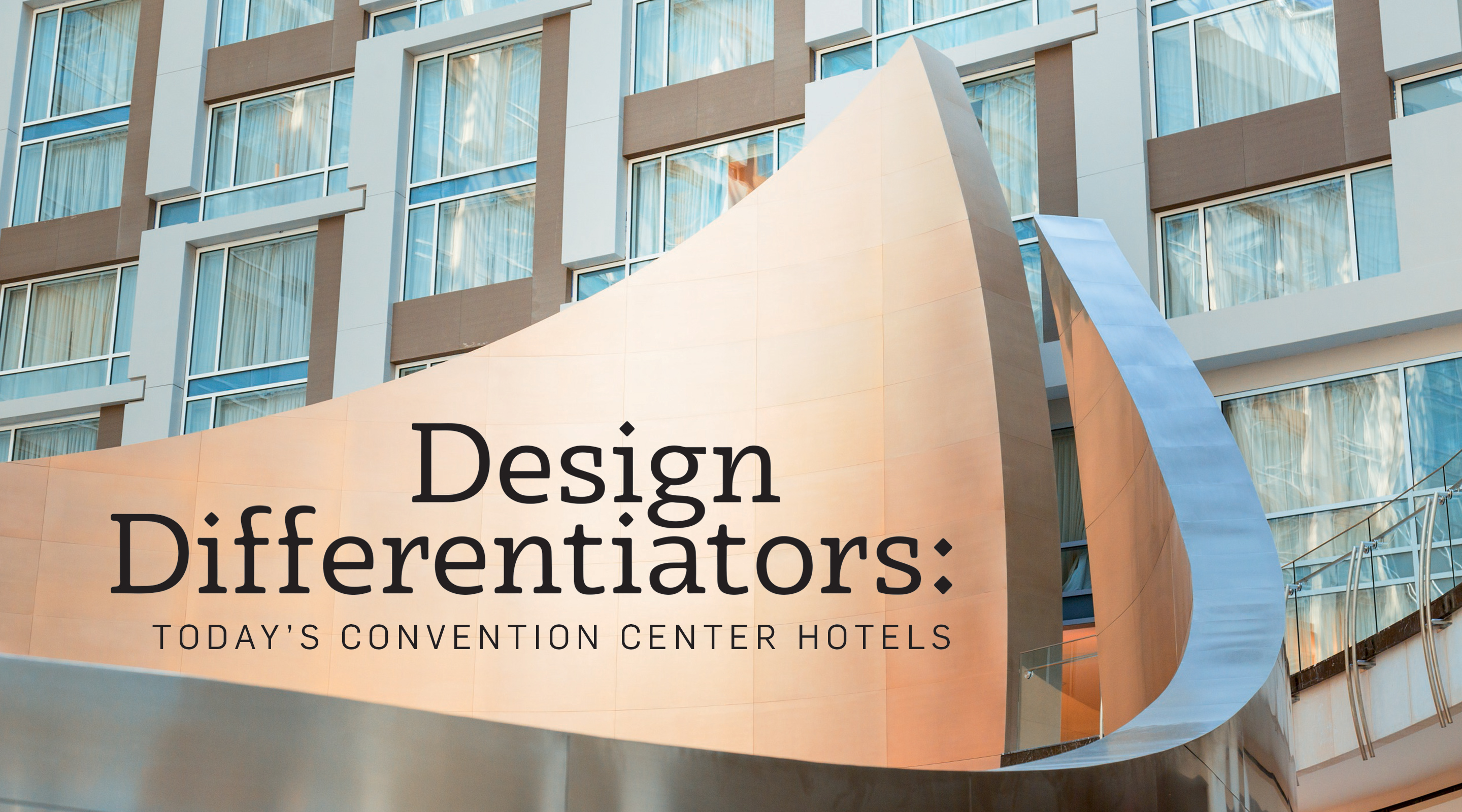Keys to Successful Convention Center Hotel Design
In order to attract large groups of visitors, who spend a large amount of money, many cities invest in convention centers and convention center hotels to generate business. There are competing markets in first, second and third tier cities and each has its own strategies and marketing advantages. It’s not uncommon for a new convention center to initially rely on an existing hotel inventory, but eventually, a new convention hotel is deemed critical to meeting planners who are tasked with booking business in these highly competitive markets.
Typically there are already guestrooms available that can handle the ramp-up of the convention centers, but often they are not in the most convenient locations, they are tired properties or they are not always able to meet the room block requirements that are necessary. Convention hotels can address many of the issues that are helpful in providing a full offering of convention facilities and Guestrooms that address the specific needs of the facility. But of course, these hotels are not inexpensive so cities look for creative solutions to attract hotel investment. Partnerships between public and private entities is a common approach to attract developers and to assist in the financing of these projects.
Our recent experience in convention hotel design includes the following:
- WASHINGTON MARRIOTT MARQUIS, Washington, DC
- HILTON CLEVELAND DOWNTOWN, Cleveland, Ohio
- LOEWS KANSAS CITY, Kansas City, Missouri
- HILTON COLUMBUS DOWNTOWN, Columbus, Ohio
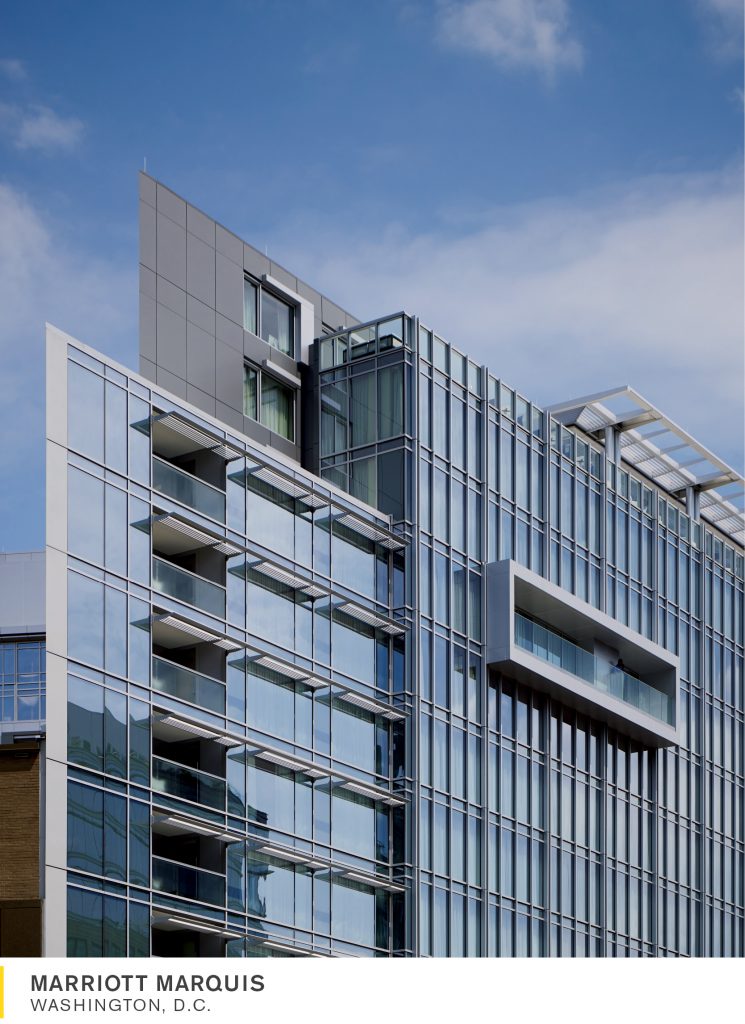
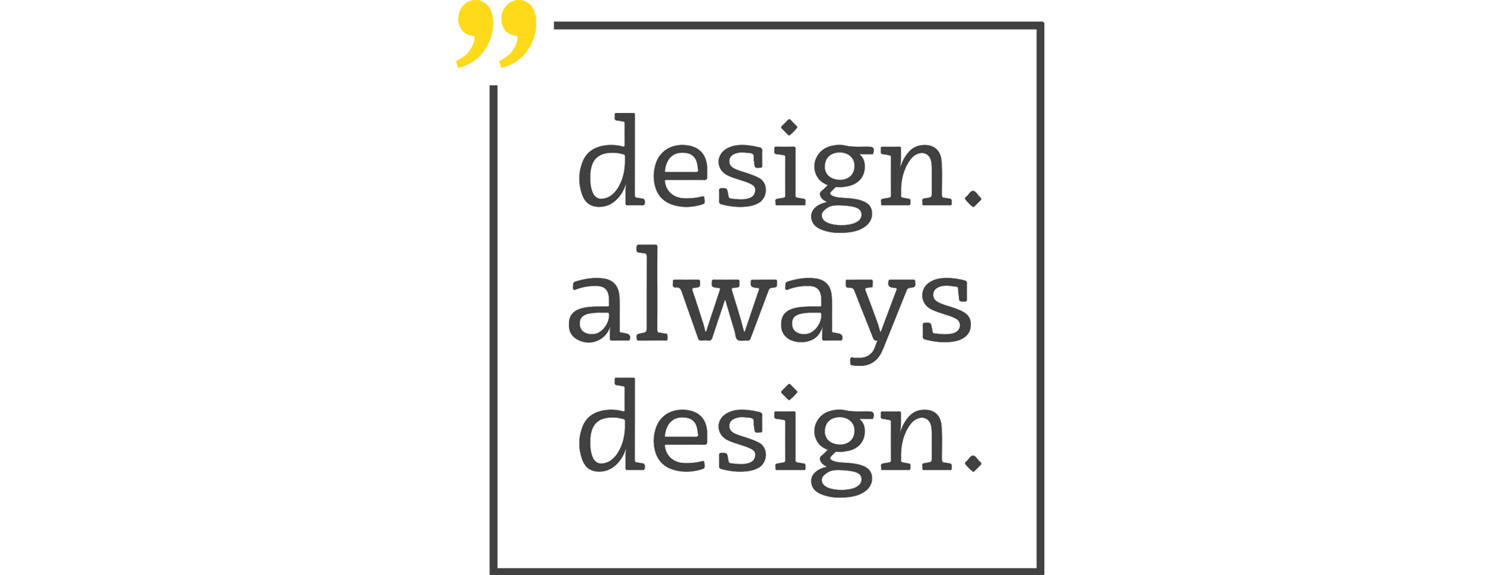
Cooper Carry sat down with C. Robert (Bob) Neal, AIA, Principal, to talk about some of the design differentiators for convention center hotel design.
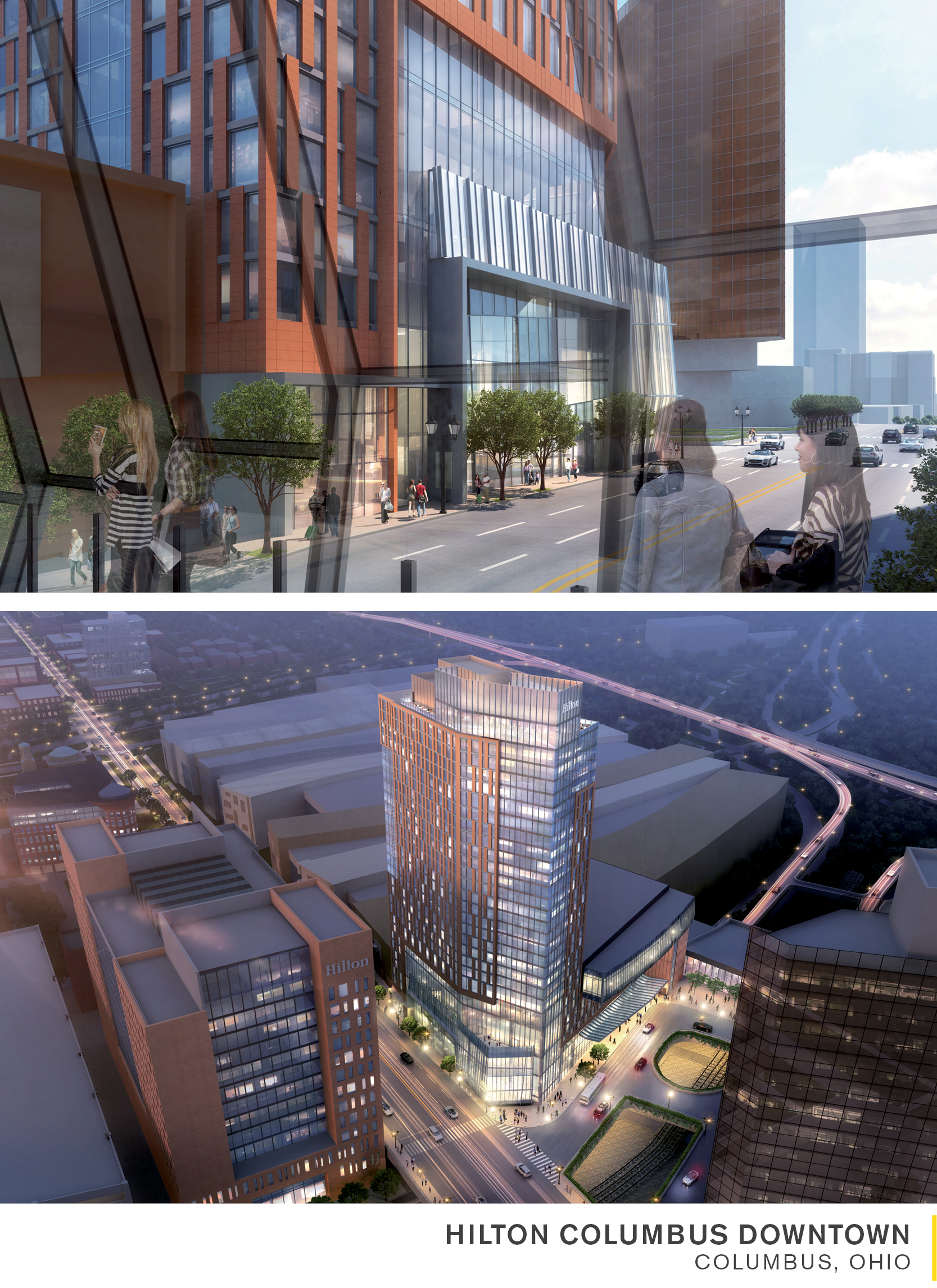
Design. Always Design.
“Design is a differentiator. Our clients believe this especially as consumer attitudes about design are evolving and becoming more sophisticated. Good planning, a willingness to accept innovation and to be open to new ways to approach accepted norms will create projects that historically create market sector leaders. It can be said that projects will often be as good as our clients want them to be. With most of our clients we are the conduit for their expressions and their personalities are imprinted in the design solutions as much as ours. They realize that design is not just a commodity and that good design will help sell their products. They have pride in contributing to communities and making a difference in the quality of people’s lives. This level of collaboration with our clients is gratifying. Of course, they fully intend that their projects will meet investment goals, but they are willing to search for the appropriate balance between art and business.”
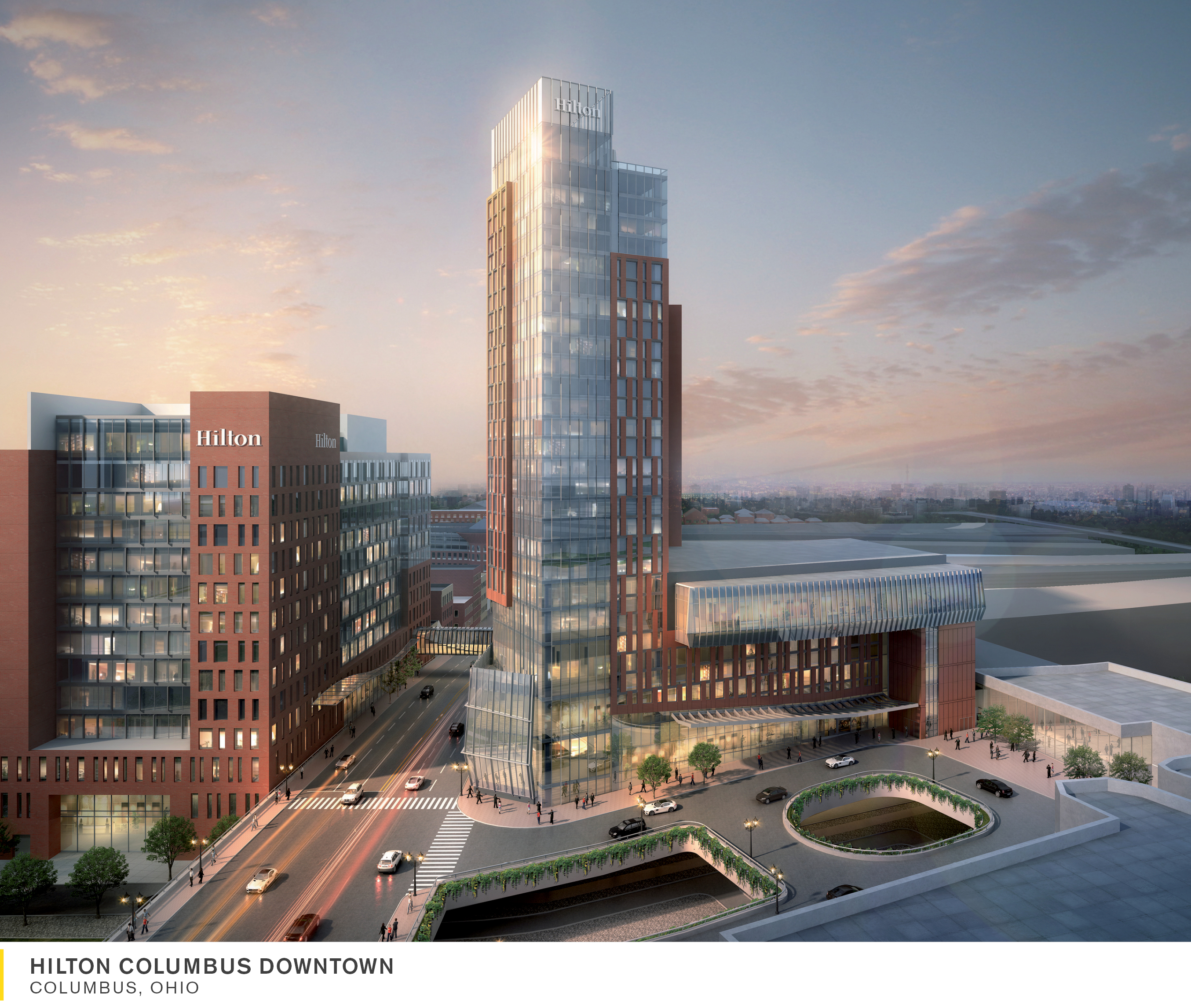
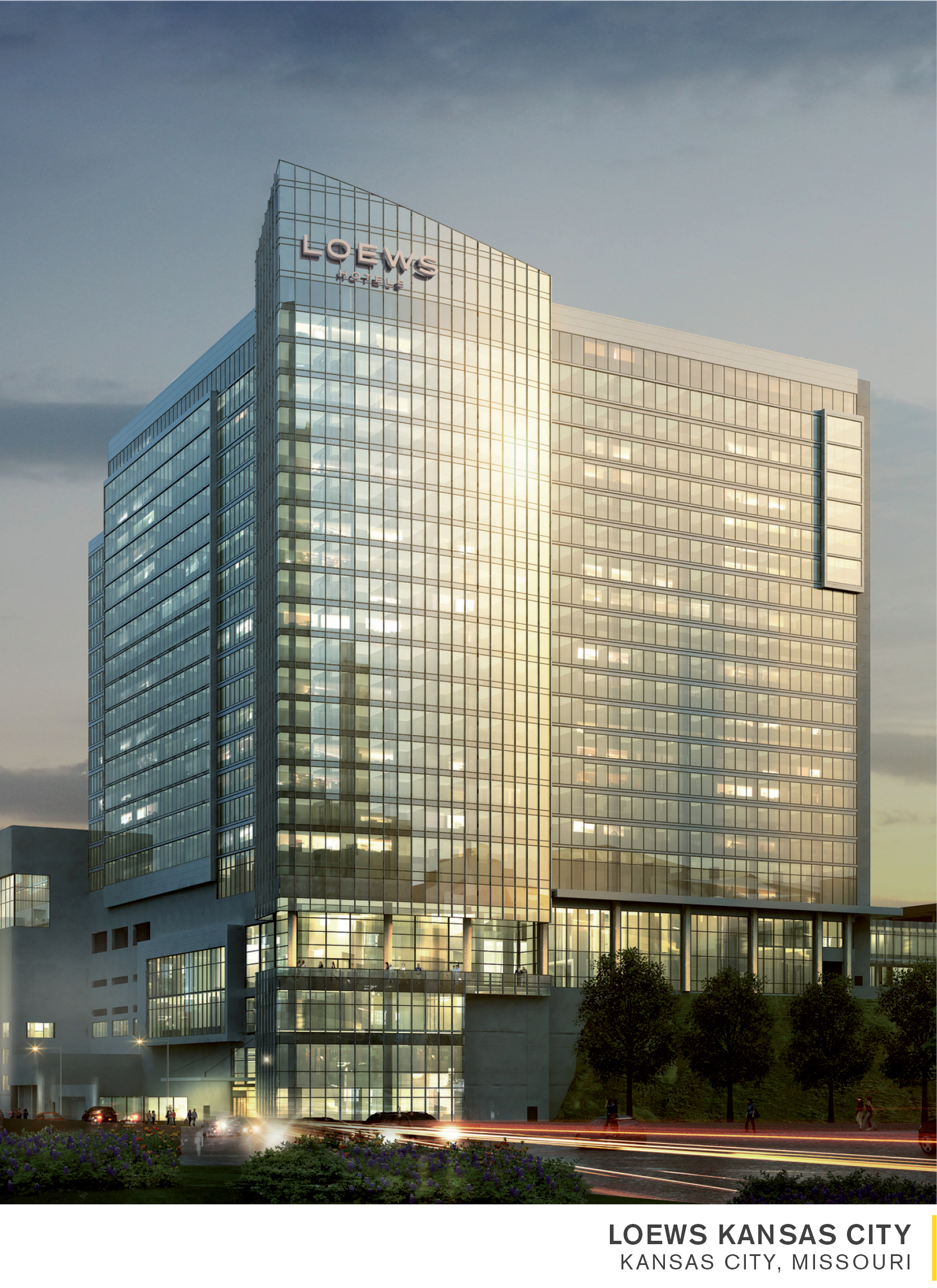
What worked yesterday may not be the solution today.
“The hospitality industry as a whole is in an age of enlightenment, a transitive period where notions that were once considered sacred are now being re-examined. The industry is searching for planning solutions that create new revenue opportunities in areas that few could anticipate a decade ago. There are new questions to be asked … by what means will guests arrive at the hotel, how will they check into the hotel, how do they access their rooms, how can technology be incorporated into the guest experience, how do we create healthy conference and meeting workspaces, how do we attract the best employees and what are new opportunities that can increase revenue generation. Brands, owners and developers are seeking design partners who ask these questions and who experience passion and vision required in order to uncover the uniqueness, experience of place and differentiation to separate their hotels from others in the market.”
Food and beverage integration drives revenue.
“Food and Beverage as a concept was once thought of as an amenity; something that your project had to include but not necessarily considered in a way that might gain the full benefits from its inclusion. We looked around the industry and saw that there was a gap in how design firms provide food and beverage design services. While working on the Tryon Park Kimpton Hotel in Charlotte with the Johnson Studio, the light came on. Why shouldn’t a hospitality firm offer professional Restaurant design services to our clients in a way that could improve our clients return on their investments?
Cooper Carry and the Johnson Studio combined forces and today we find ourselves combining our talents on the majority of our projects. Where we don’t work together, we still encourage our clients to consider other F&B specialty firms because of the benefits that they offer from their unique understanding of restaurants. Specialists understand restaurant planning and operational design, F&B personnel efficiencies, they often know the chef’s work requirements, how to export F&B into the public areas and how to apply the general principle that every seat in the hotel has the potential to be a revenue-generating seat.”
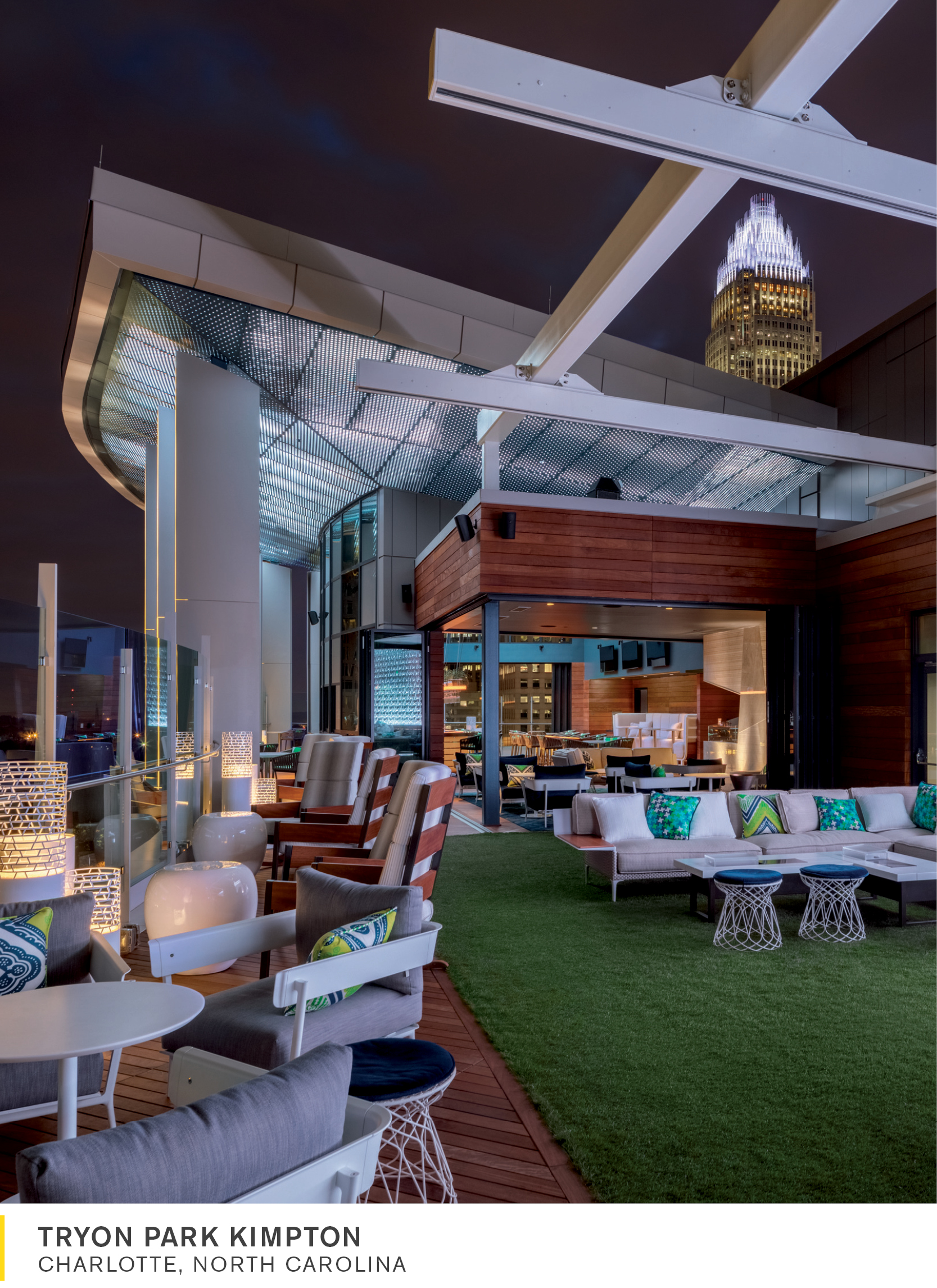
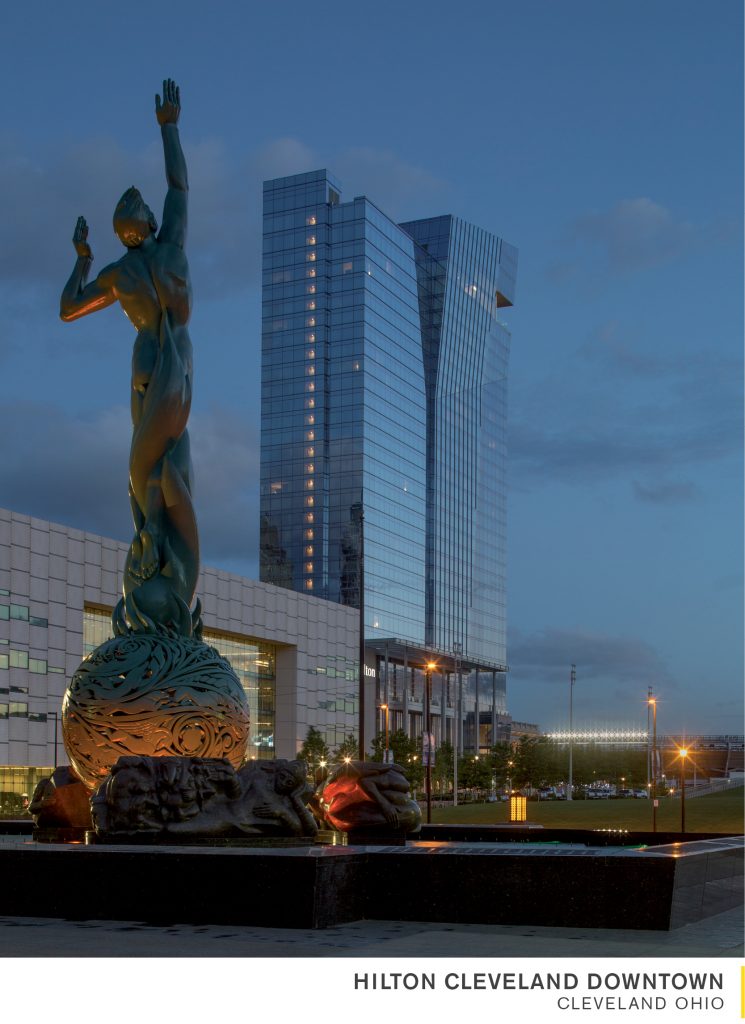
Every location has a unique story to tell.
“We have a responsibility to contribute and to elevate the neighborhoods and communities in which we work. We search for the essence of place and how we can tell a story through our convention center hotel design that is fresh and unique. Should this essence be expressed contextually in the architecture or should the building symbolize something entirely different, perhaps a vision that represents the future? These buildings are usually complex and incorporate some levels of public financing, so they generate public discourse. The architect often becomes the public face of these projects, representing the project to the community. Further, we believe that we have a responsibility to provide opportunities for the local community with our projects as well as the out of town guest. We find that if we approach each design with this attitude, the community adopts the hotel as their own. When we create experiences that can interact the out of town guest directly with the local community, the hotel generates an authenticity that grows from the place.”
